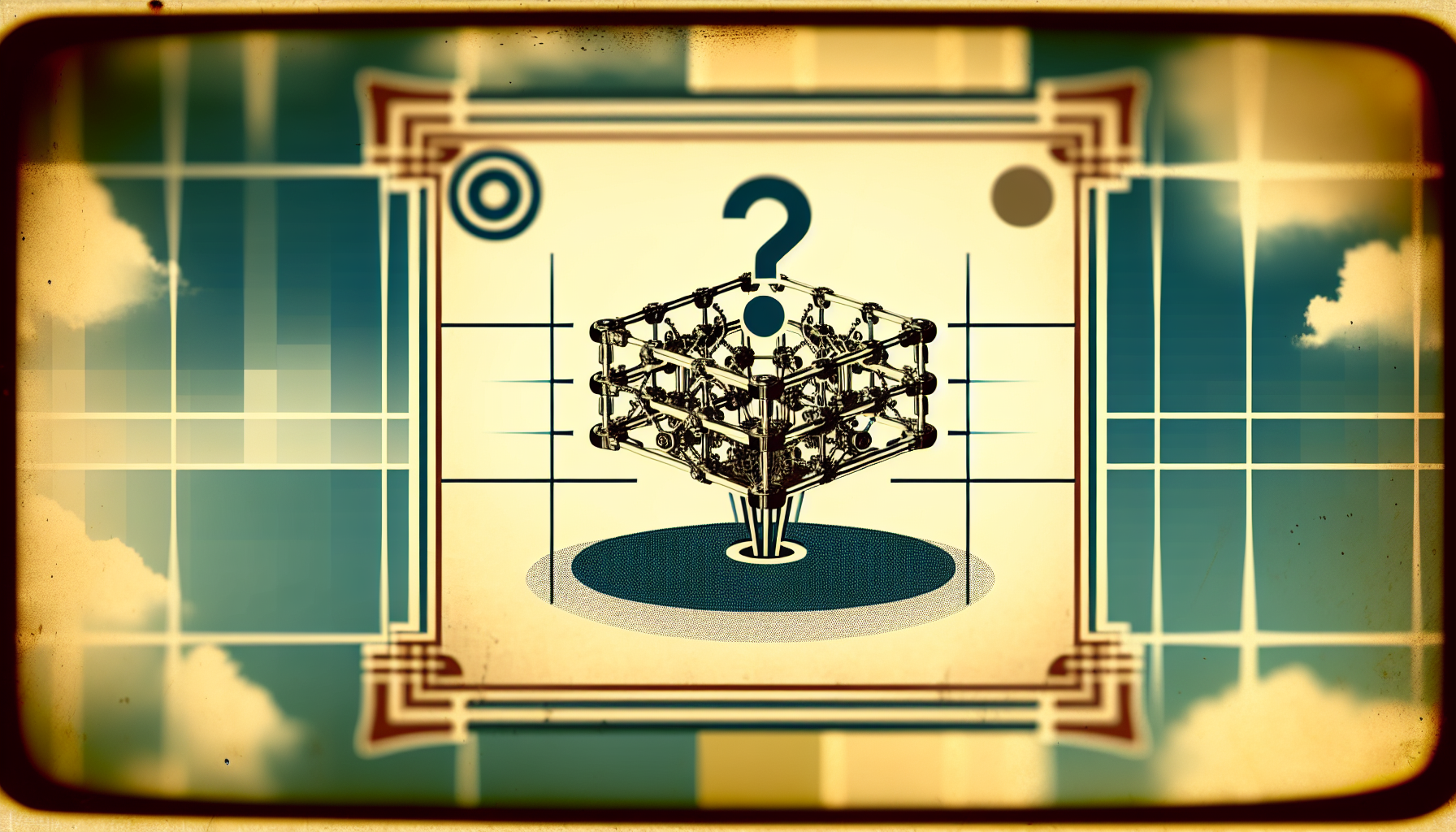Artificial Intelligence (AI) is the new kid on the block, the latest in a long line of technological breakthroughs that promises to change the way we live, work, and even think. But beyond its dazzling capabilities lies an intriguing question that takes us deep into the philosophical rabbit hole: what role does AI play in redefining the concept of truth?
Let’s face it, truth has always been a bit slippery. Historically, it was something philosophers, theologians, and scientists spent a good deal of time on, like a cat chasing a laser pointer—that is to say, endlessly. Now, with AI strutting onto the stage, we find ourselves revisiting this timeless question. So, what’s different with AI in the mix, and how might it help us (or confuse us even further) in understanding truth?
The Many Faces of Truth: Objective, Subjective, and Algorithmic?
Traditionally, the concept of truth could be categorized under broad umbrellas: objective and subjective. Objective truth is the kind scientists claim to pursue—universal and timeless, like the laws of physics. Subjective truth, meanwhile, is personal and malleable, shaped by individual experiences and beliefs. Think of subjective truth as your favorite ice cream flavor: your truth might be chocolate, while someone else’s is mint, eternally dividing humanity into incompatible factions.
Now enter AI, which brings a new player to the party: algorithmic truth. What exactly does that mean? Simply put, it’s the kind of truth AI systems generate based on massive sets of data and complex algorithms. Given the knowledge it has, AI attempts to infer the best possible answer. It’s the kind of truth that’s dynamic and constantly updating—more akin to how weather forecasts work than the immutable truth of a mathematical theorem.
AI as a Revealer of Patterns
One of AI’s superpowers lies in its capacity to recognize patterns that might elude our human perception. Consider how AI excels in diagnostic roles within medicine. By sifting through mountains of data—far more than a human doctor could feasibly analyze—AI identifies correlations and patterns that might lead to diagnosing diseases more quickly and accurately.
In this role, AI doesn’t create new truths but lifts the veil on what might already exist, revealing realities that were beyond our limits to observe. It’s less about redefining truth and more about discovering layers of it that were always there, waiting for a capable interpreter.
Bias and the Myth of Impartiality
However, AI isn’t some unbiased arbiter of truth. Like humans, AI is susceptible to bias, often reflecting the prejudices buried within the data it is trained on. It’s almost as if AI is reading from a crooked script, unable to realize the plot has gaps. This is especially troubling when AI systems are used in high-stakes scenarios, like hiring or law enforcement, where any distortion of truth can have severe consequences.
AI might offer us “algorithmic truth,” but it’s essential to remember that this truth is always conditional, always prefaced with an asterisk. It’s a reflection, not necessarily a revelation.
AI and the Social Construct of Truth
Many argue that truth is socially constructed, influenced by cultural, historical, and linguistic contexts. In this view, AI presents an interesting paradox. It can either reinforce existing social norms and truths because it learns from datasets that capture our historical biases or, conversely, disrupt them by revealing inconsistencies and alternatives in interpretation.
Take social media, where AI algorithms curate what constitutes “news” and “truth” for billions. The role of AI in shaping public perception can be both democratizing—by giving voice to smaller narratives—and polarizing, by creating echo chambers where people are unfailingly fed what they already believe.
Collaborative Truth-Seekers
Yet, in spite of its limitations, AI can be a useful partner in our quest for understanding truth. Picture AI as a power tool for intellectual work; it won’t single-handedly write the masterpiece, but it can certainly sharpen the edges of our thinking and offer possibilities for insight that might lay obscured by cognitive blind spots.
Where a single human mind might struggle, AI allows us to collaborate on a grand scale, pooling perspectives and knowledge in ways that would have been impossible before this technological era.
The Future: A Blurred Line
And so we arrive at the million-dollar question: will AI ultimately redefine what truth means to humanity? Or will it just offer us new lenses through which we view old questions?
What AI truly offers is the potential to blur the line between subjective and objective truth. It poses a challenge: to be more nuanced in our understanding and to recognize that different perspectives—whether human or machine-driven—can all contribute to a richer, fuller picture.
And like a world-class detective, our role is to piece it all together carefully, cautiously, and maybe even with a little skepticism. Because in the end, AI doesn’t just force us to reevaluate truth—it demands we reevaluate our trust in technology, in each other, and in the narratives we choose to believe.
Oh, and if you ever figure out what ultimate truth is, you might want to write it down. Just don’t ask me to proofread it—I’m busy trying to teach my AI assistant the truth about why pineapple doesn’t belong on pizza.

Leave a Reply